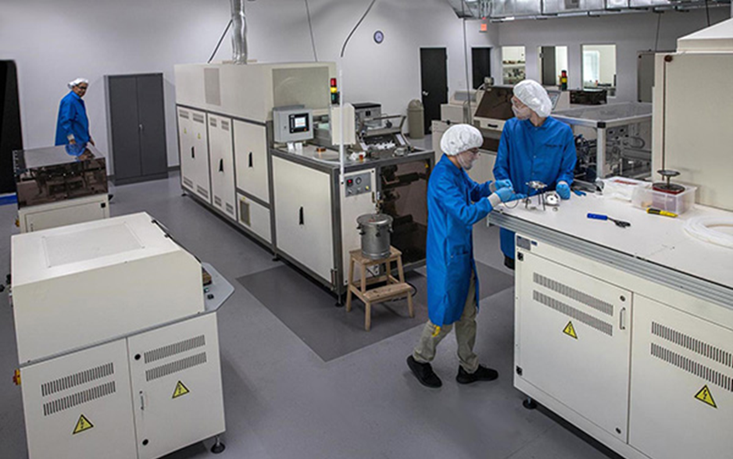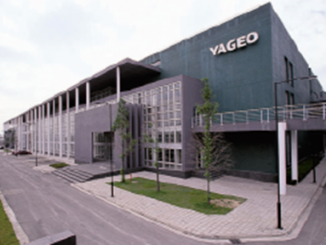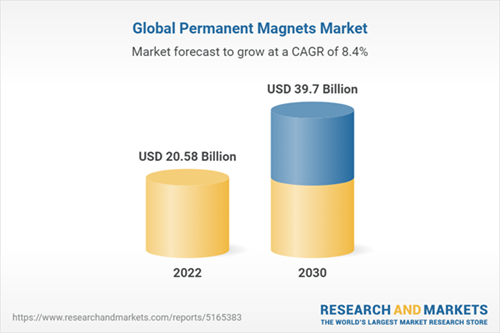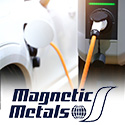
Haiku Tech, a developer of equipment and materials for manufacturing multilayer ceramic inductors and capacitors, has expanded in both Europe and the USA recently. Now it is operating from a new headquarters in its home city of Maastricht, The Netherlands, following the opening a year earlier of a new test and prototyping facility in Miami.
At the facility in Florida, the company jointly develops with its customers ceramic multilayer technologies for tomorrow’s production factories. The center is equipped with several tape casting machines from laboratory scale to an 18 m (60 ft.) long full-scale industrial tape caster. Screen printers are available for semi-automatic and for fully automatic production of screen-printed layers or patterns on soft and hard substrates. Haiku Tech engineers tune the organic additives to a customer’s ceramic or metal of choice to establish suitable processes on its equipment, serving a variety of applications, also including products such as thermistors, solar cells and solid oxide fuel cells.

Multilayer Inductors are manufactured using semiconductor material typically based on ferrites with inorganic dopants. Commonly referred to as non-wirewound, they are constructed by layering the coil between the layers of core material. When using tape cast ceramic layers, holes are punched and filled with the conductor used to make the interconnection between the spiral’s circles screen printed in the subsequent layers. The coil normally consists of a bare metal material without insulation.
The inductance value can be made larger by adding additional layers for a giving spiral pattern. These are all ploys to multiply the inductance of a given coil by the permeability of the core material. Common applications include common mode choke, general purpose, high current, high frequency, power inductor, and RF choke. There are two processes typically employed — screen printing, known as wet technology, and dry technology using tape casting. See www.haikutech.com.



